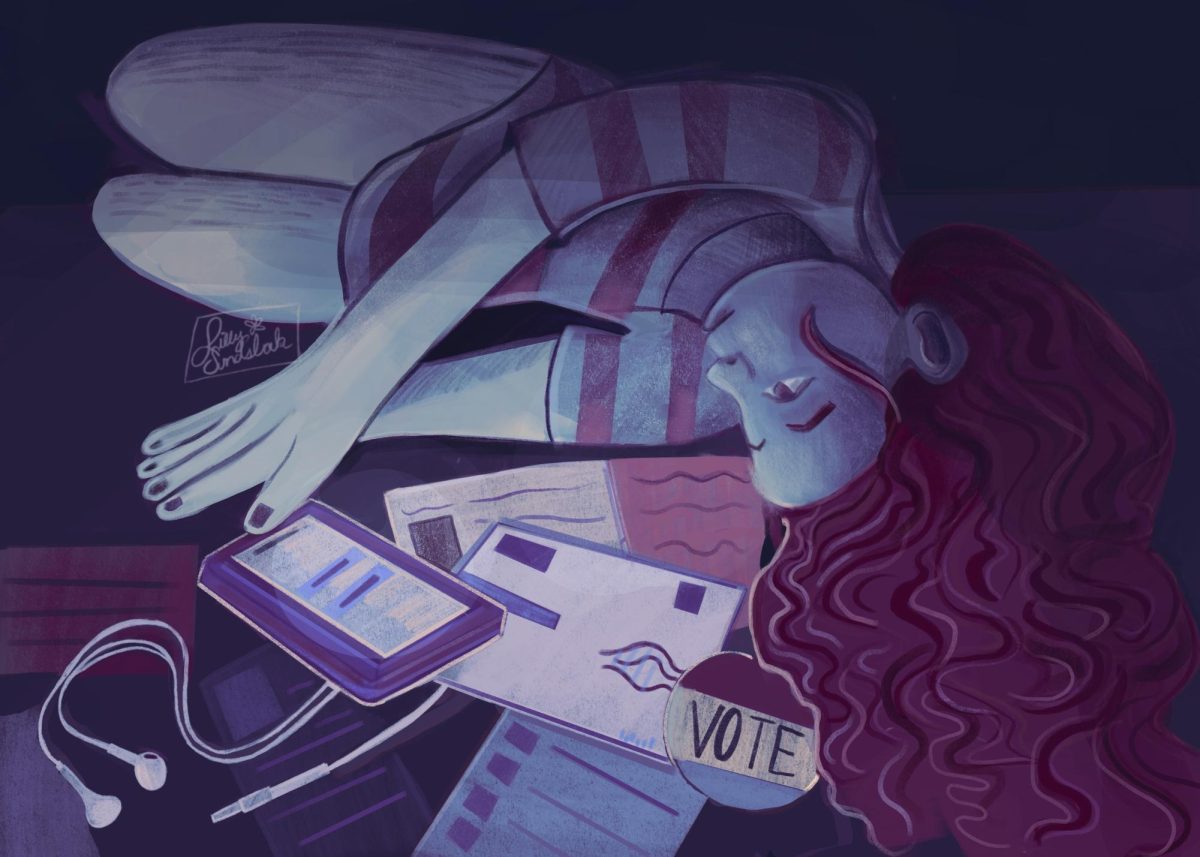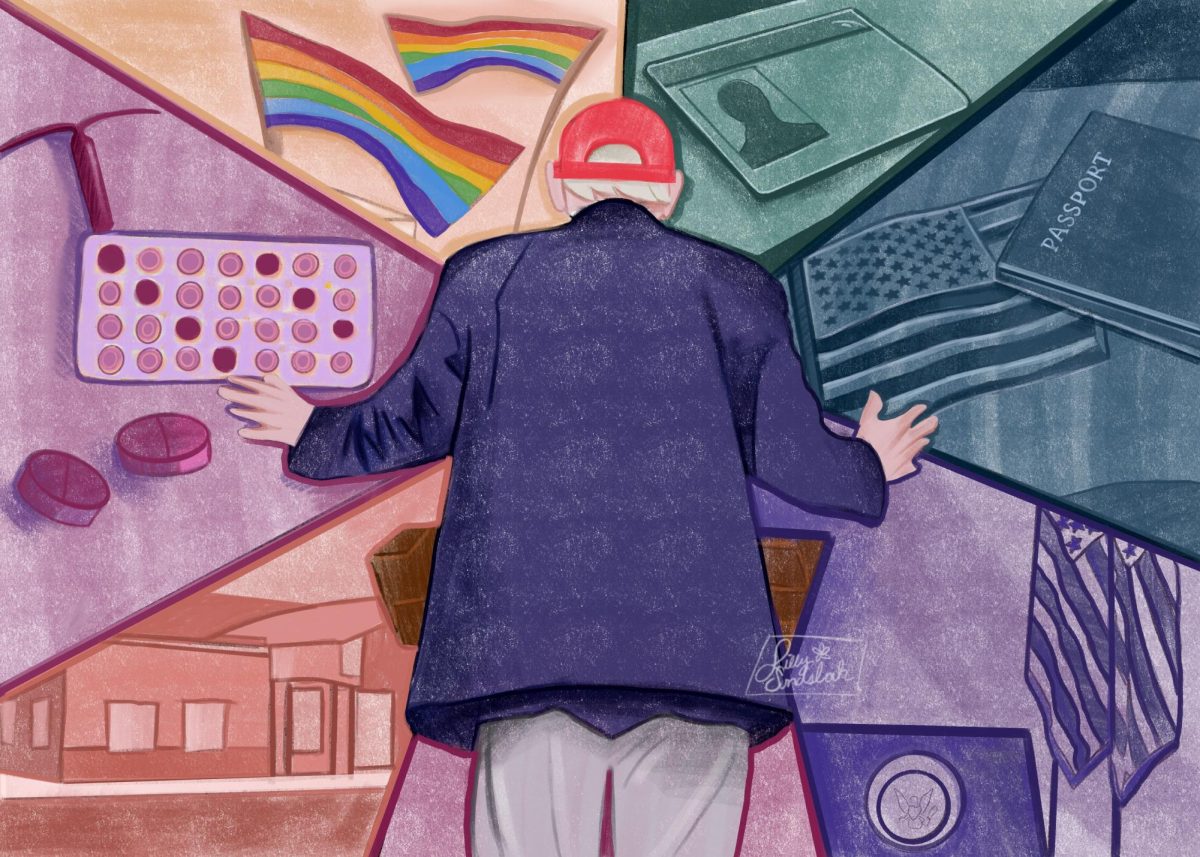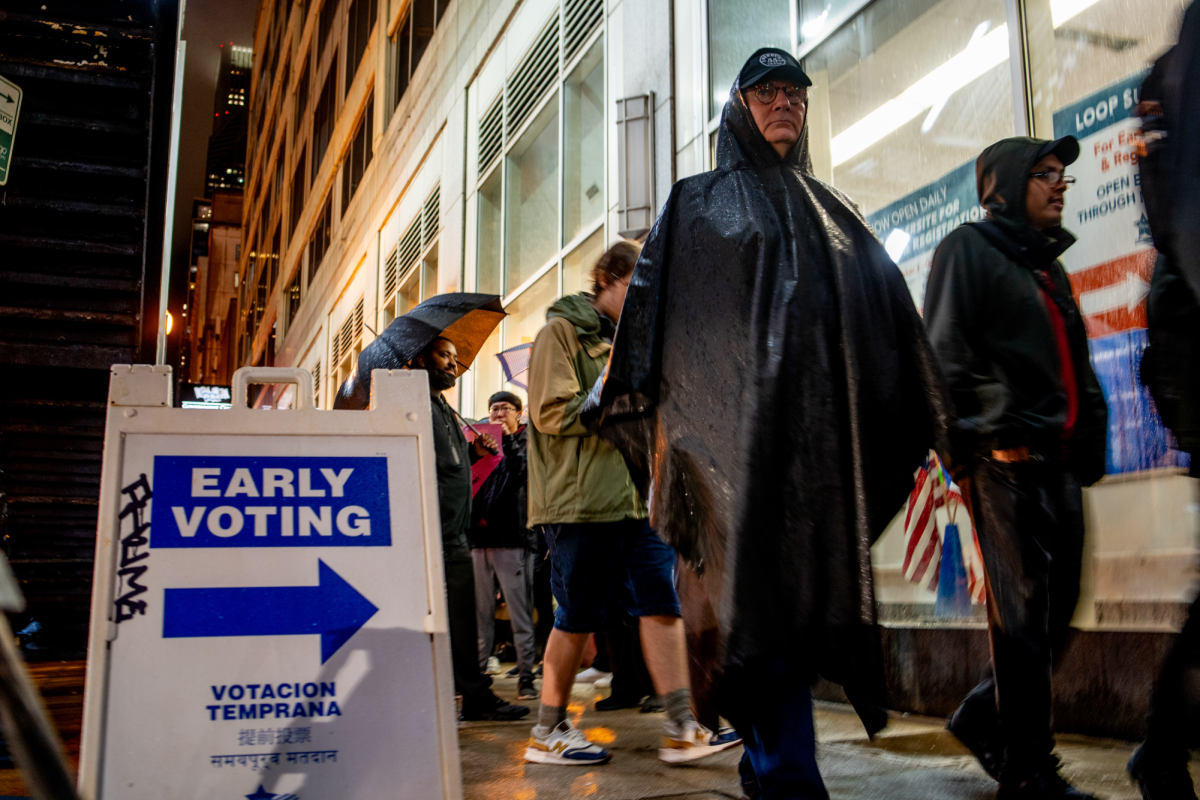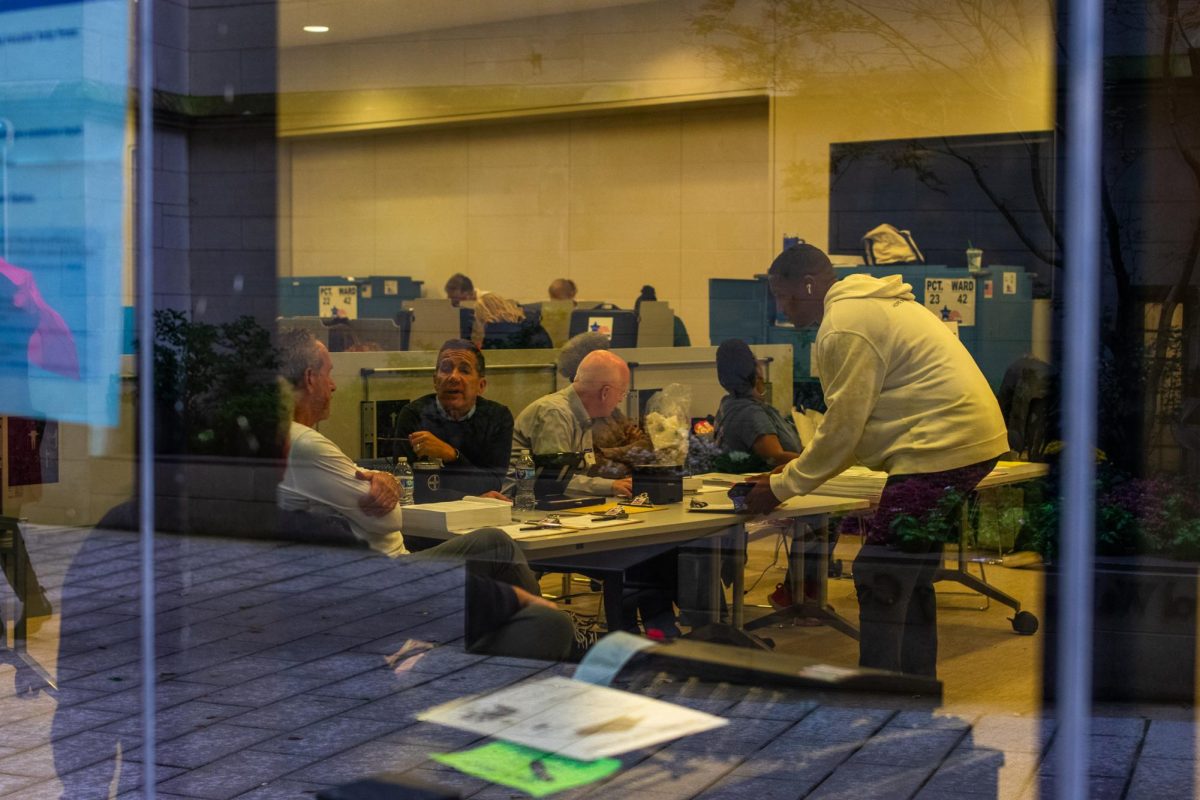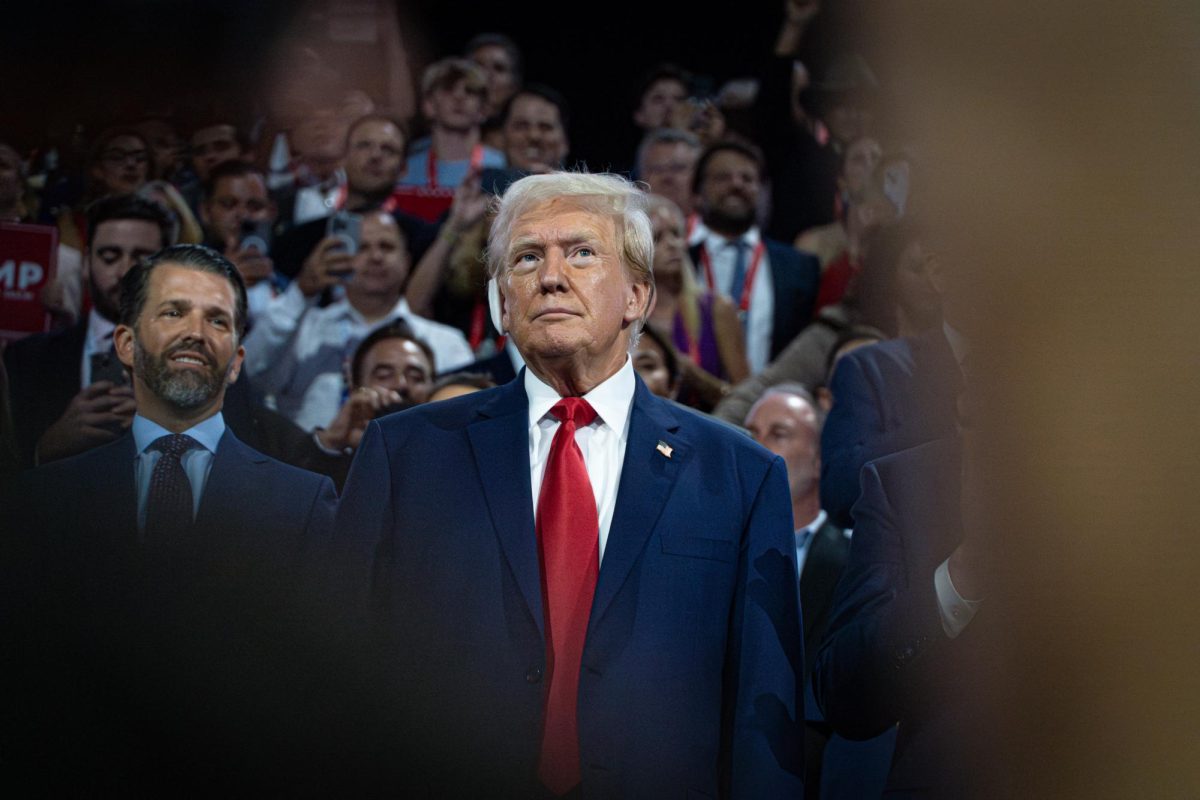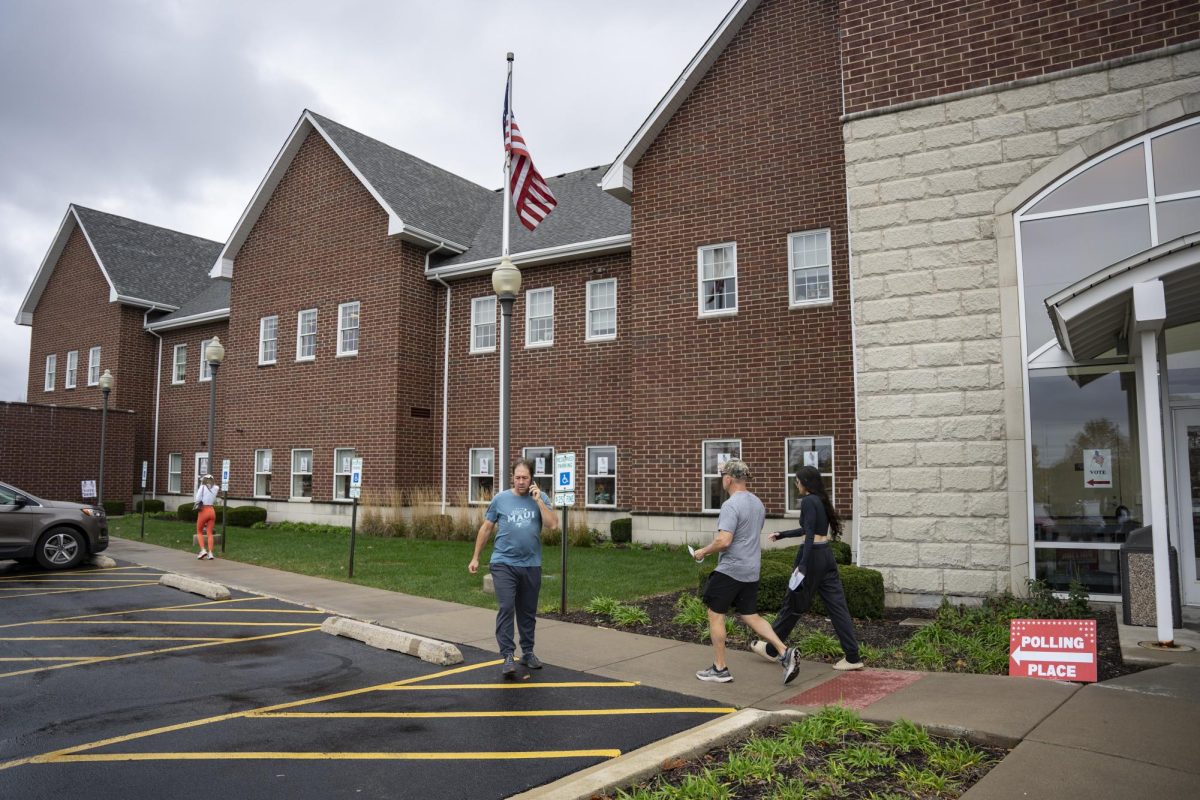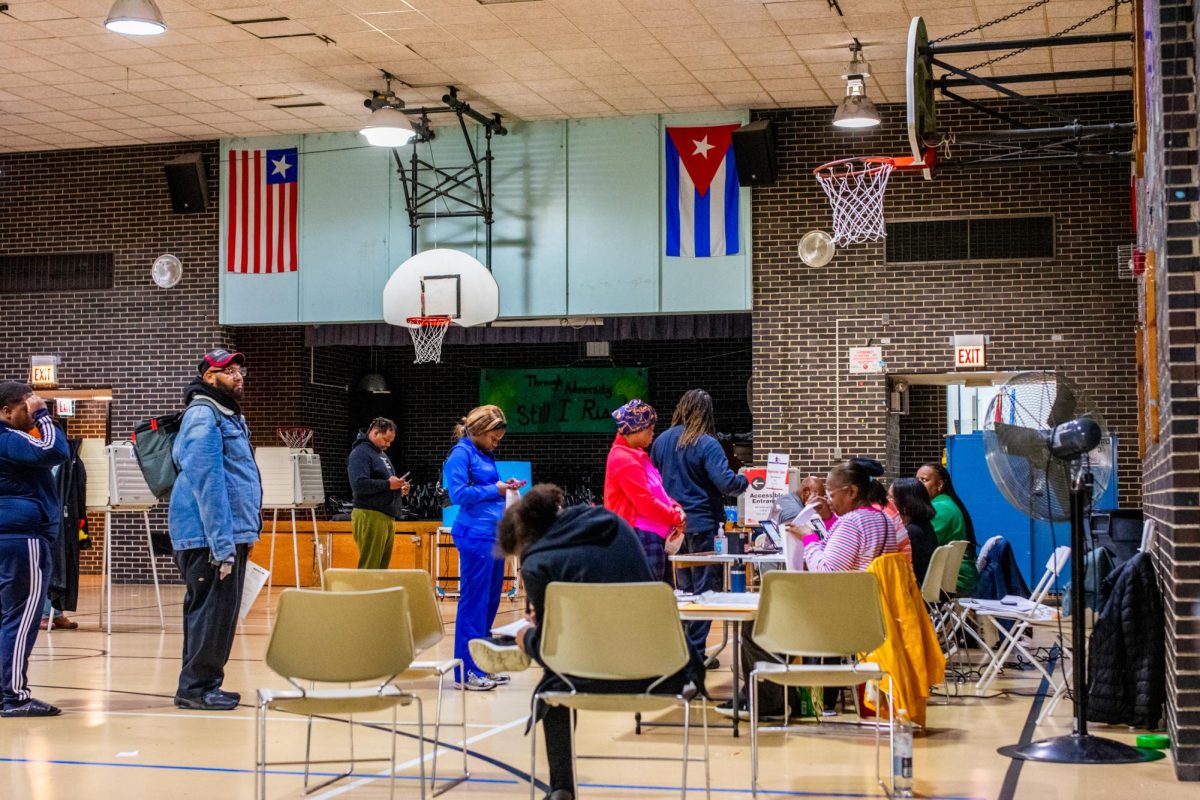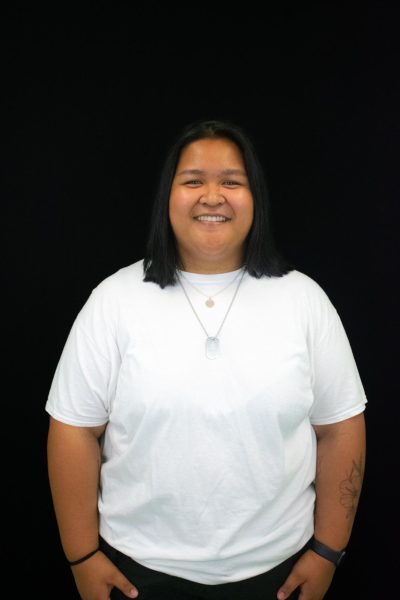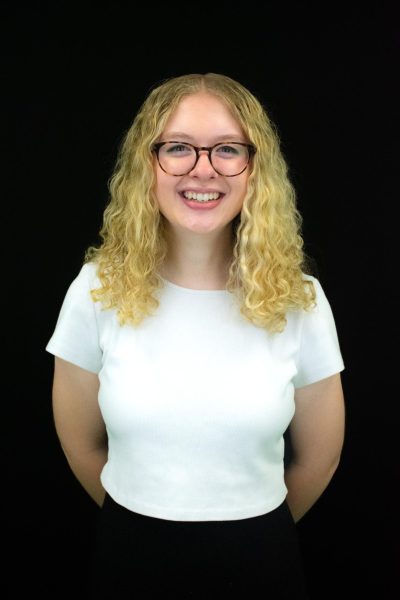The weight of the outcome of the presidential election on Nov. 5, including whether it will even be decided that night, is causing distress to many voters around the country, and young voters at Columbia said that they are feeling it, too.
Some students who are first-time voters told the Chronicle that their main concern is not being prepared to vote in a razor-tight election. The race between Vice President and Democratic candidate Kamala Harris and Republican candidate and Former President Donald Trump is in a statistical tie, with the battleground states of Wisconsin, Michigan and Pennsylvania likely to decide the election.
A recent poll from the American University’s Sine Institute and Generation Lab found that 32% of Americans ages 18 to 34 reported feeling nervous and scared about the upcoming election. The findings also said that 83% of young adults are worried about the state of the country’s democracy.
Jake Gearhart, a senior music composition major, will be voting in the presidential election for only the second time and said he has doubts about the candidates. He said that he usually follows politics closely and does occasional research on candidates. Gearhart said he does not support either party but “this time, it wasn’t a difficult choice for me.”
Gearhart’s worries are more about what may happen after the election rather than the election itself. He said that in order to not feel pressured during the election, he focuses on being prepared to vote.
“The way I look at it, I’m kind of cynical,” he said. “I think knowing that they’re both pretty bad is at least helpful to me because it’s not like we’re choosing between something that’s gonna save the world and end the world. It’s both [are] not very good in my opinion.”
Olga Goldenberg, associate professor of the School of Communication and Culture, teaches a “Social Psychology” course at Columbia and said that people may be feeling more anxious because they “feel like there’s a lot at stake.”
“Anxiety only becomes an issue when it becomes all-consuming when it interferes with your daily functioning,” Goldenberg said.
Goldenberg explained how young voters who are voting in their first presidential election might be overwhelmed by the impact that this election will have on the country.
Julia Cossio, a junior illustration major, said that this year’s election is “pretty much a lose-lose kind of thing.” She said that the election this year makes her stressed because of the impact on foreign affairs. Cossio said that the presidential election is something she often speaks with her therapist about.
Cossio said that she had heard of some people who will not be voting this year because of the Israel-Hamas war. The views of some Democratic politicians on Palestine are a big concern for young voters, Cossio said.
“I think I understand the standpoint of it, but also I feel like if we’re in a position where we’re putting ourselves in a way where we’re not going to be able to have a voice, it’s gonna make it harder to help also other people get their voices heard,” Cossio said.
Cyndi Davis, a junior fashion studies major, said that she feels the pressure of the election as a first-time voter. As a Black woman, she is worried about her rights no matter who wins the election. She said, “knowing that there are people who don’t care for me or who don’t care for my rights or my reproductive rights or my rights as a Black person, it’s scary.”
When it comes to foreign affairs, it is difficult to feel like her vote means anything.
“In situations like that, I feel powerless. It feels wrong knowing that the people that I have to vote for also don’t care as much as I care,” Davis said. “If there’s so many problems in our country or even outside of our country that we have a direct impact on, then the only way for us to solve these problems is if we elect people who are willing or more open to changing those things.”
Davis said that she is registered to vote, but is not as prepared as she would like to be. She said that she does more research on the presidential candidates and focuses less time on the local elections. Although she does not support either candidate heavily, she said she would rather see Harris in office. She said she remembers feeling anxious in seventh grade when Trump won the election in 2016.
“I was nervous, which is crazy since I couldn’t even vote,” she said. “So, now it’s knowing that I have the power in my hands to actually determine if he’s in office or not, it seems like a lot of pressure.”
She said with the power to vote, the pressure is about putting her vote towards people who will support her beliefs. For young adults and first-time voters, this would be the first of many elections they will have to worry about.
Data from the Center for Information & Research on Civic Learning and Engagement at Tufts University shows that eight states already have more youth, ages 18 to 29, registered to vote as of September 2024 than they did in November 2020.
“Now that I am an adult, I have more things to worry about outside of just myself,” she said.
Copy edited by Trinity Balboa


